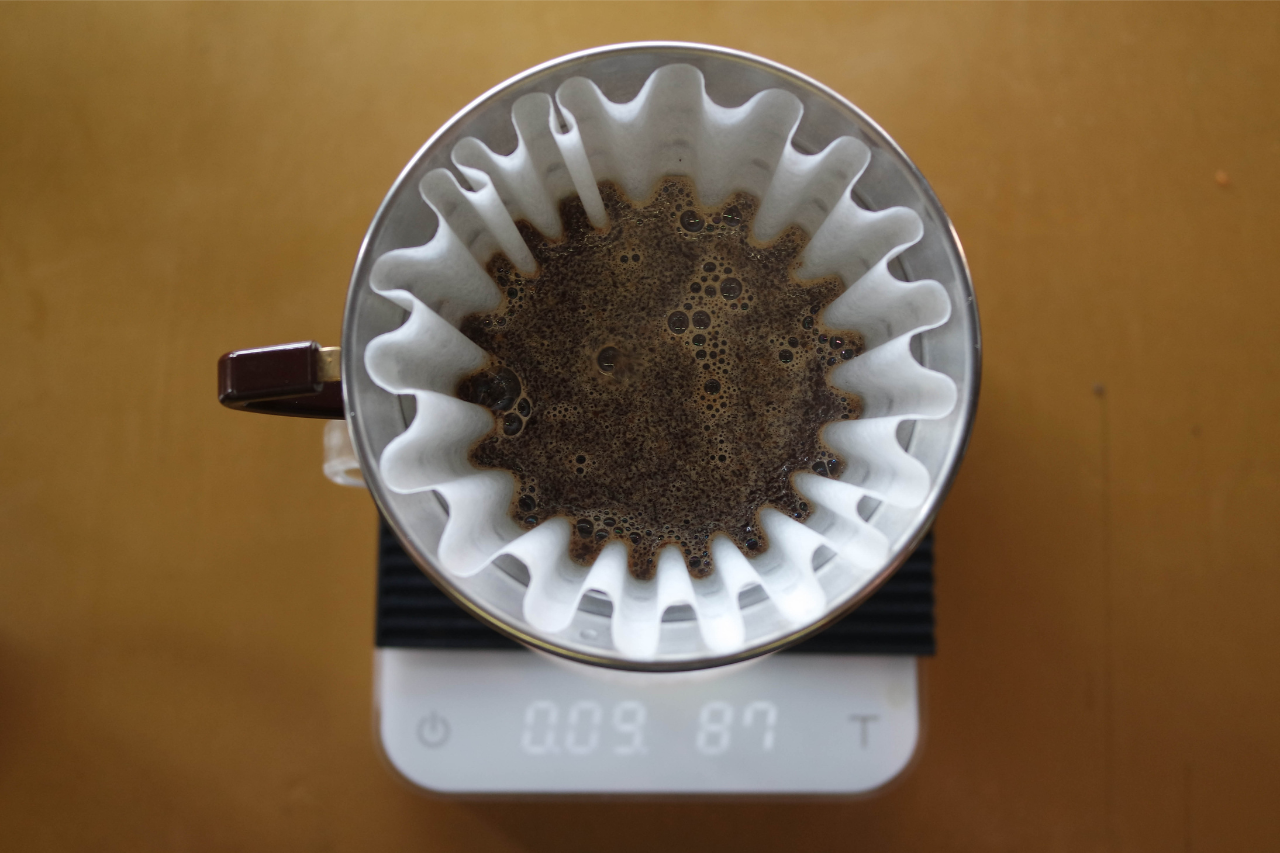

Share:
When it comes to dieting and trying to lose weight, low energy levels can be a common issue. Many people struggle with fatigue when they are following a low-calorie or low-carbohydrate diet. This can make it difficult for them to stay motivated and stick to their dietary plan. It’s important to understand how low energy levels can affect a diet and what steps are necessary to avoid fatigue while dieting.
The Effects of Low Energy While Dieting
Low energy while dieting can be caused by several factors, including inadequate calorie intake, low nutrient availability, low carbohydrate intake, low electrolyte levels, dehydration, and insufficient sleep. All of these factors can contribute to low energy levels, making it difficult to stay motivated and focused throughout the day. Low energy can also lead to poor food choices, which may hinder weight loss efforts.
Causes of Diet Stress and Fatigue
If you are dieting, it is likely that you experience low energy and fatigue. This can be caused by a number of factors, including low calorie intake, intense exercise, and other stressors associated with dieting.
Low Calorie Intake
– One of the most common causes of low energy while dieting is low calorie intake. When you reduce your caloric intake, you are depriving your body of the energy it needs to function properly. This can result in fatigue and low energy levels.
Intense Exercise
– Another potential cause of low energy while dieting is intense exercise. While exercise is important for weight loss, if it becomes too intense, it can cause your body to become exhausted. This exhaustion can lead to low energy and fatigue.
Stressors
– Dieting can be stressful, which can also contribute to low energy and fatigue. Stress hormones like cortisol can cause low energy, difficulty concentrating, and fatigue. Additionally, dieting might require lifestyle changes that could be difficult for some people. This can also lead to low energy and fatigue.
Avoiding Fatigue While Dieting
Fortunately, there are some strategies you can use to avoid low energy and fatigue while dieting.
Eat Enough Calories
– Make sure that you’re eating enough calories each day to meet your body’s needs. Many people underestimate how many calories they need to maintain their weight, so make sure you’re accounting for your activity level and other factors.
Get Enough Protein
– Eating enough protein is important while dieting because it helps keep you feeling full and energetic throughout the day. Make sure that you’re eating low-fat sources of protein like fish, chicken, beans, eggs or low-fat dairy.
Sleep
– Getting enough sleep is important for maintaining energy levels. Make sure you’re getting at least seven hours of sleep each night to help ensure that your body has the energy it needs.
Take Breaks
– Taking regular breaks from dieting and exercise can help prevent low energy and fatigue. Allow yourself time to rest and relax, which will help keep your energy levels up.
Food and Beverages to Avoid
– There are also some foods and beverages you should avoid while dieting to prevent low energy. Caffeinated drinks like coffee, tea, or soda can give you a temporary boost of energy, but they can lead to low energy later on. Additionally, processed and sugary snacks should be avoided as they only provide short-term energy that quickly fades.
Benefits of Calorie Restriction
– Despite the low energy and fatigue, there are some benefits to calorie restriction while dieting. Studies have found that reducing caloric intake can help improve body composition and reduce health risks associated with obesity. Additionally, low-calorie diets can also help improve metabolic health and reduce inflammation in the body.
Can a 1200-calorie diet make you tired?
– Yes, a 1200-calorie diet can make you tired because it provides fewer calories than most people need to maintain their weight. When you reduce your calorie intake too low, your body may become deprived of the energy it needs to function properly, resulting in low energy and fatigue. To avoid this, focus on eating nutrient-rich foods that provide enough calories to meet your body’s needs. Additionally, make sure you’re getting enough protein, sleeping well and taking regular breaks from dieting.
Can low-calorie diets cause fatigue?
– Yes, low-calorie diets can cause fatigue due to low energy levels. When you reduce your caloric intake too low, your body is deprived of the energy it needs to function properly, resulting in low energy and fatigue. To avoid this, make sure you’re eating enough calories to meet your body’s needs and focus on nutrient-rich foods that provide lasting energy. Additionally, get enough sleep, take regular breaks from dieting and exercise, and avoid caffeinated drinks and processed snacks.
What should I eat to avoid fatigue while dieting?
– To avoid fatigue while dieting, focus on eating low-fat sources of protein like fish, chicken, beans, eggs or low-fat dairy as they will help keep you feeling full and energetic. Additionally, you should make sure that you’re getting enough calories each day to meet your body’s needs, as well as enough sleep and regular breaks from dieting. Avoid caffeinated drinks like coffee, tea, or soda as they can give you a temporary boost of energy but lead to low energy later on. Additionally, processed and sugary snacks should be avoided as they only provide short-term energy that quickly fades.
Can low energy while dieting be reversed?
– Yes, low energy while dieting can be reversed. Start by making sure you’re eating enough calories to meet your body’s needs and focus on nutrient-rich foods that provide lasting energy. Additionally, make sure you’re getting enough protein and get plenty of rest each day. Taking regular breaks from dieting and exercise can also help to prevent low energy and fatigue. Additionally, avoid caffeinated drinks and processed snacks as they will only give you a short-term boost in energy. With these tips, you should be able to reverse low energy while dieting.
What else can I do to reduce fatigue while dieting?
– In addition to eating low-fat sources of protein, getting enough sleep, and avoiding caffeinated drinks, there are a few other things you can do to reduce fatigue while dieting. Make sure you’re getting enough fluids throughout the day and consider supplementing with minerals such as magnesium and zinc, which can help to boost energy levels. Additionally, low-intensity exercises like walking or yoga can help to increase energy without overstraining your body. Finally, make sure you’re taking regular breaks from dieting so that your body has a chance to rest and recover. Doing these things should help you reduce fatigue while dieting.
Does losing fat make you tired?
– Losing fat can make you tired due to low energy levels. When you reduce your caloric intake too low, your body is deprived of the energy it needs to function properly, resulting in low energy and fatigue. To avoid this, make sure you’re eating enough calories to meet your body’s needs and focus on nutrient-rich foods that provide lasting energy. Additionally, get enough sleep, take regular breaks from dieting and exercise, and avoid caffeinated drinks and processed snacks.
Enough carbohydrates during low-calorie diets?
– Yes, it’s important to make sure you’re getting enough carbohydrates while dieting. Carbohydrates are a necessary part of any low-calorie diet and provide the body with energy. Choose nutrient-rich sources of carbohydrates such as fruits, vegetables, whole grains, and legumes. These foods will provide lasting energy and help to prevent low energy while dieting. Additionally, they should be combined with low-fat sources of protein such as fish, chicken, eggs, or low-fat dairy to provide balanced nutrition and keep you feeling full. By focusing on nutrient-rich carbohydrates and proteins, you can ensure that you’re getting enough energy during low-calorie diets.
Warnings Against Crash Diets?
– Crash diets are not recommended as they can lead to low energy levels and fatigue. Low-calorie diets should be approached gradually and responsibly, with a focus on nutrient-rich foods that provide lasting energy. Additionally, crash diets often lack essential nutrients such as vitamins and minerals, leading to deficiencies that can make low energy worse. It’s important to talk to a doctor or nutritionist before starting any low-calorie diet, as they can recommend safe and healthy ways to lose weight. Avoid crash diets and focus on making gradual changes that lead to lasting health benefits.
What causes food fatigue?
Food fatigue is caused by low energy levels due to low calorie intake. When you reduce your caloric intake too low, your body is deprived of the energy it needs to function properly, resulting in low energy and fatigue. To avoid this, make sure you’re eating enough calories to meet your body’s needs and focus on nutrient-rich foods that provide lasting energy. Additionally, get enough sleep, take regular breaks from dieting and exercise, and avoid caffeinated drinks and processed snacks. By taking these measures, you should be able to reverse low-energy levels associated with food fatigue.
Do low-carb diets cause fatigue?
– Low-carb diets can potentially cause fatigue due to low energy levels. The body needs carbohydrates for energy, and low-carb diets can lead to low energy levels if the diet is too restrictive. To avoid this, make sure you’re eating enough calories to meet your body’s needs and focus on nutrient-rich sources of carbohydrates such as fruits, vegetables, whole grains, and legumes. Additionally, low-carb diets should be combined with low-fat sources of protein such as fish, chicken, eggs, and low-fat dairy for balanced nutrition. Following these tips should help you avoid low energy while following a low-carb diet.
Low-Calorie and Liquid Diets
– Low-calorie and liquid diets can lead to low energy levels and fatigue due to low caloric intake. Liquid diets are typically low in nutrients, making it difficult for the body to get the vitamins and minerals it needs for energy. Additionally, low-calorie diets should be approached gradually and responsibly with a focus on nutrient-rich foods that provide lasting energy. Any low-calorie or liquid diet should be discussed with a doctor or nutritionist before starting, as they can recommend safe and healthy ways to lose weight. Avoid crash diets and focus on making gradual changes that lead to lasting health benefits.
Not eating a balanced vegetarian diet
Not eating a balanced vegetarian diet can lead to low energy levels due to low protein and vitamin intake. Vegetarians should make sure they’re getting enough proteins from low-fat sources such as beans, nuts, seeds, eggs, low-fat dairy products, or tofu. Additionally, it’s important to get vitamins and minerals that may be lacking in a vegetarian diet such as iron, zinc, and B-12.
Eating a variety of whole grains, legumes, nuts, seeds, fruits, and vegetables will help ensure that vegetarians are getting the nutrients they need for energy. If you’re following a vegetarian diet, talk to your doctor or nutritionist about how to make sure you’re getting the right balance of nutrients.
Bottom Line
Overall, low energy and fatigue while dieting is a common experiences. However, there are ways to help reduce low energy and fatigue such as eating enough calories, getting enough protein, sleeping more, taking breaks from dieting, and avoiding certain foods and beverages. Additionally, the calorie restriction can also have some health benefits. Taking these strategies into account can help you maintain energy levels while dieting and achieving your weight-loss goals.
Most Popular


What is Coffee Bloom and why does it happen?

20 Best Books Made Into Movies And TV Shows





